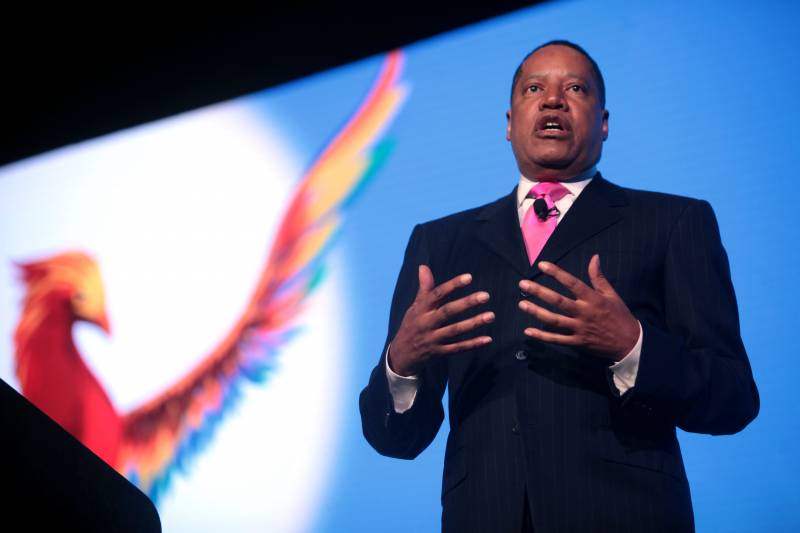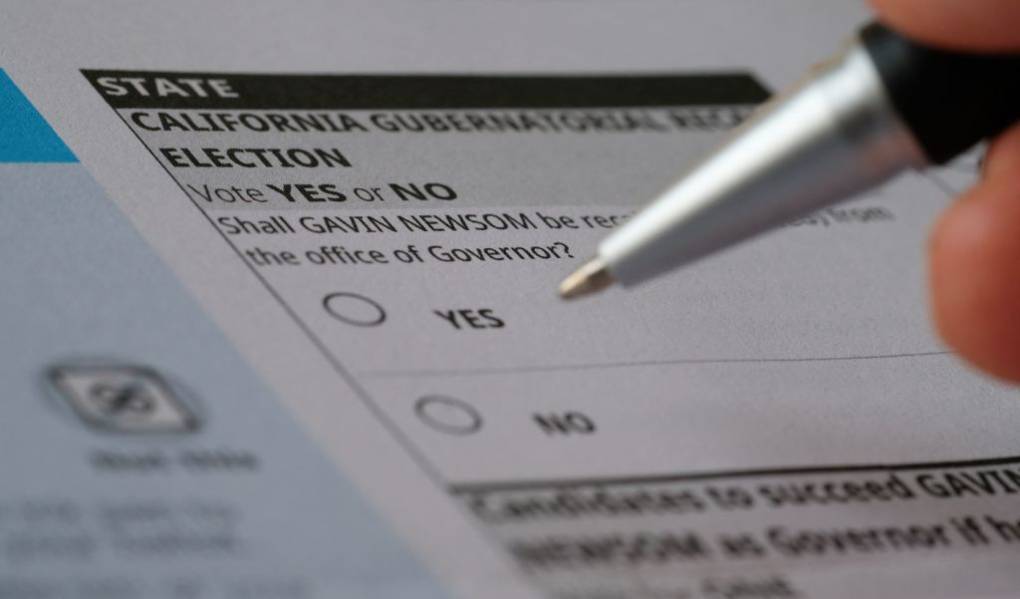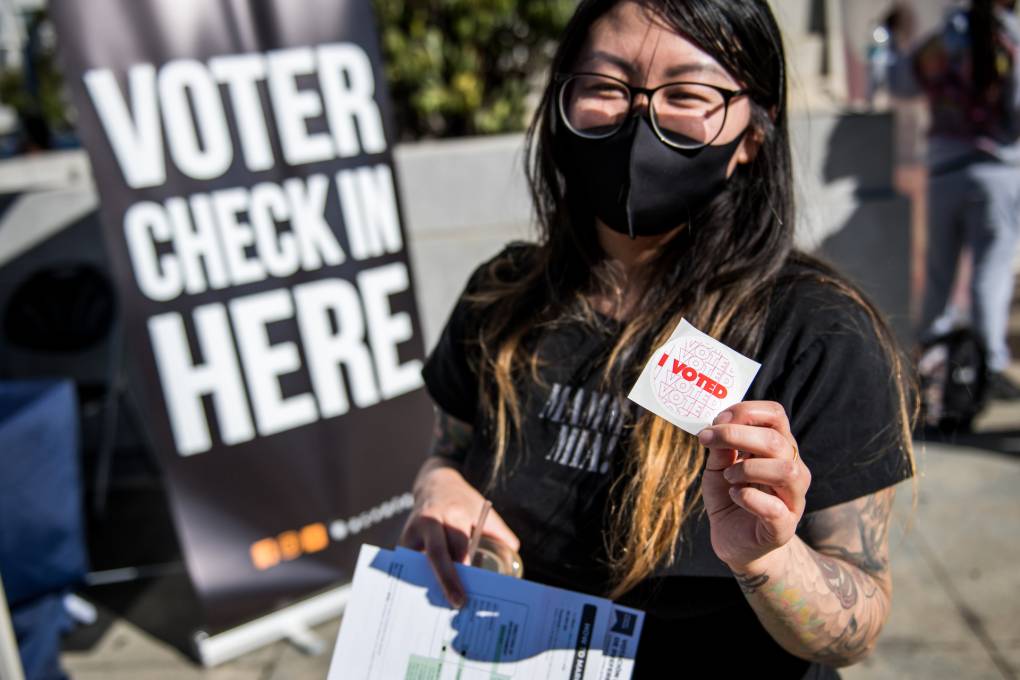Newsom, Weisberg said, has taken a slightly more cautious approach to parole decisions than Jerry Brown did, and hasn't hesitated to reverse parole recommendations, as he did for two followers of cult leader Charles Manson.
Whatever happens with Sirhan, one big policy reversal that could come with a Republican governor is the resumption of capital punishment, which Newsom put on hold shortly after he took office. A new governor could instantly reverse that, but Weisberg said it's unlikely that executions would resume immediately: He noted that any new governor would only have about a year in office before the next gubernatorial election.
"I suspect if a new governor lifts the moratorium, it's going to be largely symbolic, certainly in the very short term in which the newly elected governor serves," because, Weisberg said, defense lawyers would ramp up legal appeals to slow down the process.
The bully pulpit
Genest, the former Republican finance director, agrees with Weisberg that the biggest change in criminal justice policy with a new governor might be mostly symbolic. He said a new governor couldn't change most of the criminal justice reforms passed by voters and lawmakers in recent years — but they could use the bully pulpit to change the conversation.
"Yeah, the governor can't do anything about the crime laws without getting the people engaged in demanding that we fight crime," he said. "But until you have a governor who's willing to take those stands, you can't start improving that."
But even a short-term governor could make an impact on the courts and other policy through appointments.
"There's thousands and thousands of appointments that the governor makes, including judges," said Williamson, the former Brown aide.
"So all of a sudden, you could have our courts stacked with super-conservative judges. As you see in the federal government, climate change policies could be impacted because the governor has appointees on the California Air Resources Board," Williamson said.
And, she notes, judges aren’t the only appointments a governor makes. A new governor could fire the heads of agencies overseeing health, the environment, schools — pretty much everything.




